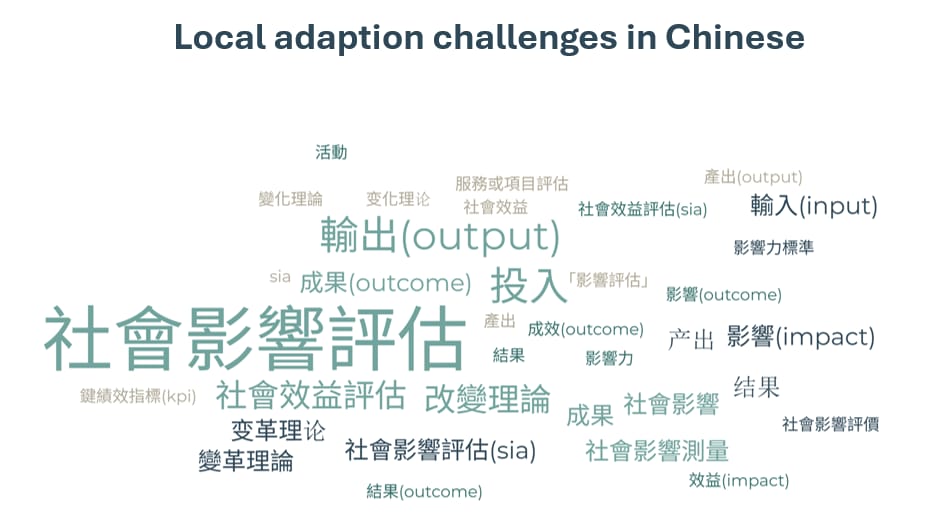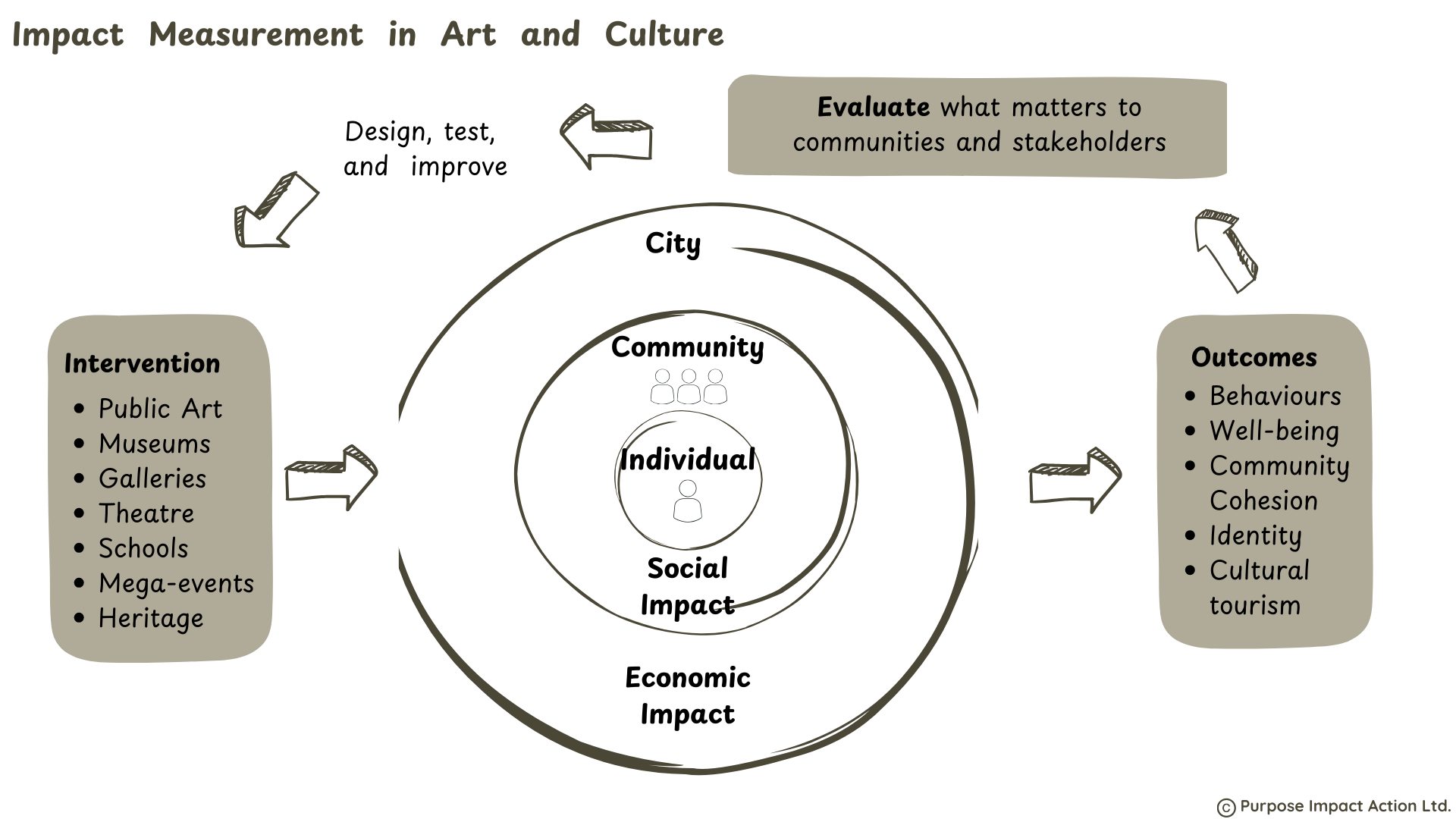In recent decades, companies have increasingly prioritized Corporate Social Responsibility (CSR), leading to a greater emphasis on activities that create a positive influence in society. From charitable initiatives to financial support and volunteer activities, businesses are stepping up to make a difference.
However, this focus on efforts has inadvertently led to a common pitfall in social impact measurement.
A study examining over 1,700 social indicators revealed a startling statistic: only 8% assessed the actual effects of company practices—that is, the true social impact. The overwhelming majority, a staggering 92%, measured company efforts. These include metrics such as staff volunteer hours, donations made, policies issued, and commitments declared. While these activities are important, they often fall short of capturing the real change being made.
For instance, CSR activities might report the number of books donated, training sessions conducted, or community programs launched. While these figures demonstrate a commitment to social objectives, they do not provide insight into the actual outcomes of these initiatives.
So, what do we mean by “effects”? Effects refer to the outcomes and longer-term impacts of a company’s efforts. Unfortunately, the current landscape of social measurement has significantly fewer examples of these effects. However, meaningful indicators of social impact could include behavioral changes, the number of jobs created, reductions in human rights violations, or improvements in diversity among senior leadership.
As we continue to evolve our understanding of social impact measurement, it’s crucial to shift our focus from merely counting efforts to evaluating outcomes. By doing so, we can better understand the true value of our initiatives and ensure that our contributions lead to meaningful change in the communities we serve.
By Pia Wong, Founder & CEO, Purpose Impact Action
Share your thoughts in the comments below










